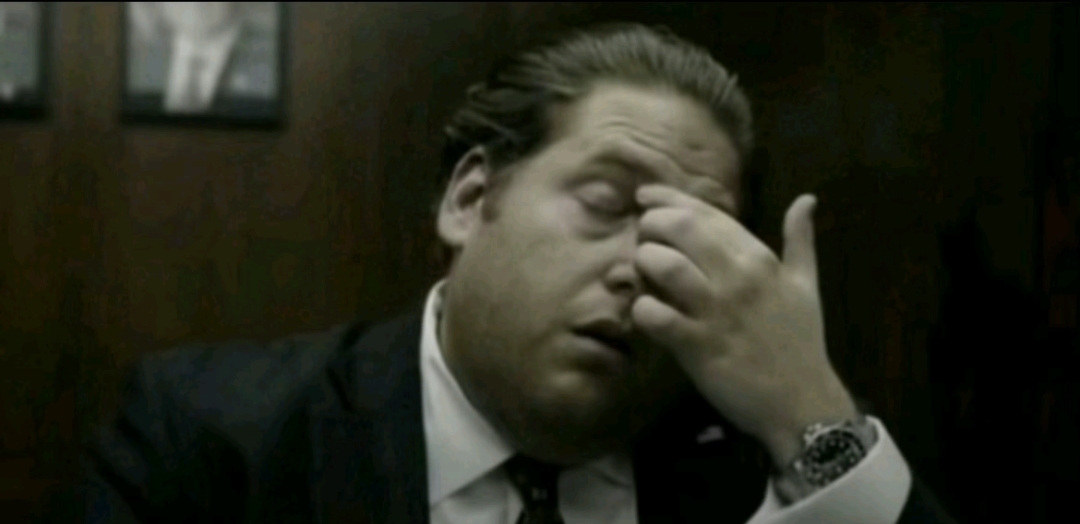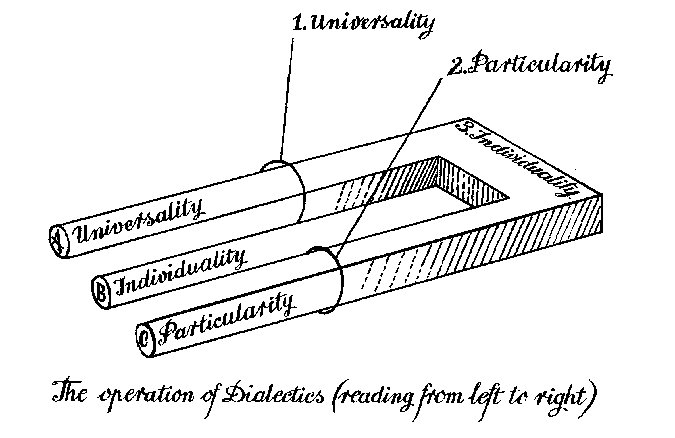Aristotélēs
Bronze
- Joined
- Nov 6, 2025
- Posts
- 357
- Reputation
- 454
PROP. 1. Every manifold in some way participates unity
For suppose a manifold in no way participating unity. Neither this manifold as a whole nor any of its several parts will be one ; each part will itself be a manifold of parts, and so to infinity; and of this infinity of parts each, once more, will be infinitely manifold; for a manifold which in no way participates any unity, neither as a whole nor in respect of its parts severally, will be infinite in every way and in respect of every part. For each part of the manifold- take which you will-must be either one or not-one ; and if not- one, then either many or nothing. But if each part be nothing, the whole is nothing ; if many, it is made up of an infinity of infinites. This is impossible: for, on the one hand, nothing which is is made up of an infinity of infinites (since the infinite cannot be exceeded, yet the single part is exceeded by the sum) ; on the other hand, nothing can be made up of parts which are nothing. Every manifold, therefore, in some way participates unity.
@theRetard , you will like this
For suppose a manifold in no way participating unity. Neither this manifold as a whole nor any of its several parts will be one ; each part will itself be a manifold of parts, and so to infinity; and of this infinity of parts each, once more, will be infinitely manifold; for a manifold which in no way participates any unity, neither as a whole nor in respect of its parts severally, will be infinite in every way and in respect of every part. For each part of the manifold- take which you will-must be either one or not-one ; and if not- one, then either many or nothing. But if each part be nothing, the whole is nothing ; if many, it is made up of an infinity of infinites. This is impossible: for, on the one hand, nothing which is is made up of an infinity of infinites (since the infinite cannot be exceeded, yet the single part is exceeded by the sum) ; on the other hand, nothing can be made up of parts which are nothing. Every manifold, therefore, in some way participates unity.
@theRetard , you will like this
Last edited:



